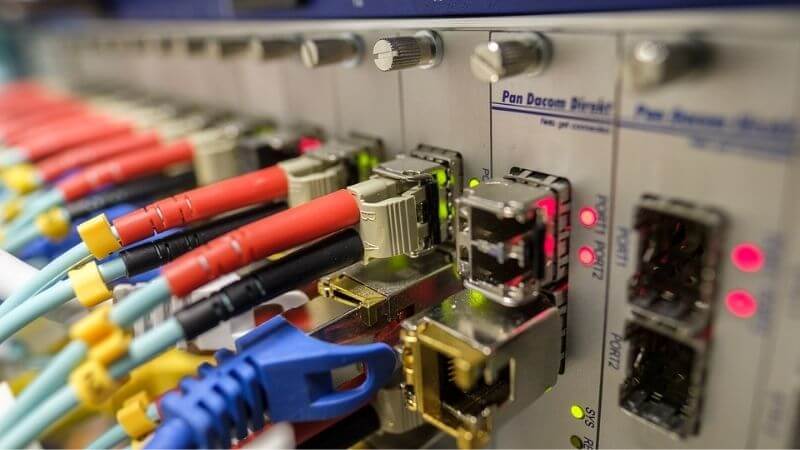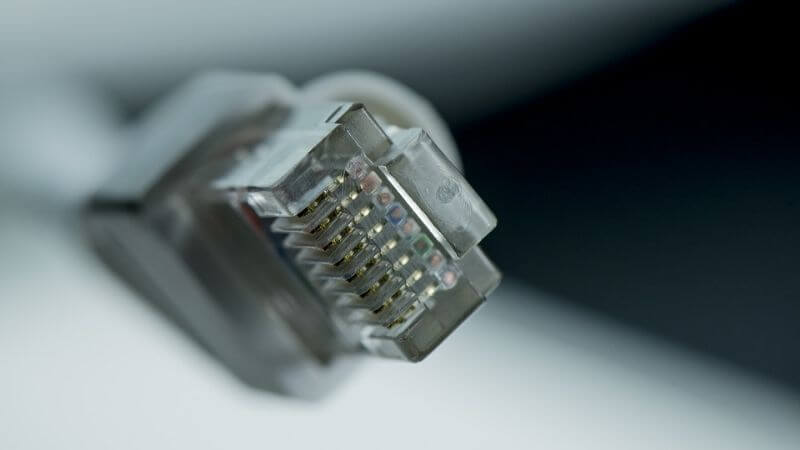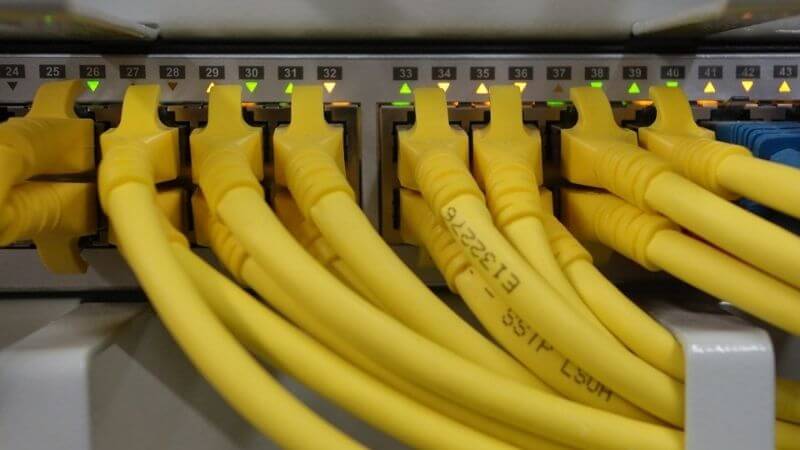Scientists in Japan transferred 319 terabits per second, which smashed the previous Internet speed record. That speed is fast enough to download 7,000 high-definition movies every second.
National Institute Of Information And Communications Technology

Researchers at the NICT in Japan broke the previous fastest internet speed record with a new mark of 319 TB/s. That is a significant improvement over the previous mark of 178 TB/s, which had been set about a year ago by researchers in the United Kingdom and in Japan. The new speed test was performed in a controlled lab environment using a new type of fiber-optic cable that had just recently been developed.
Four-Core Fiber-Optic Cable

The new experimental fiber-optic internet cable is the same size as the cabling used currently. What sets it apart is that it has multi-core fibers that allow for greater bandwidth and speed. What is also notable about the new fiber-optic cable is that it is compatible with existing cables and provides similar mechanical reliability. This means that networks could begin using them without updating the whole infrastructure.
Impressive Signal Strength And Speed

NICT researchers not only achieve faster speeds than previously possible, but they were also able to do it over a greater distance with no loss of signal strength or speed. To achieve this, researchers looped the data in order to simulate a transmission distance of 1,864 miles. This is not yet, however, practical in the real world. It required a special multi-comb laser and various amplifiers developed using rare earth minerals. Due to cost, no one would be willing to implement this kind of technology for the usual Internet usage.
The Cable Could Make A Difference Sooner Or Later

Nevertheless, the NICT team believes that their new cable tech could have a very real effect right. Internet providers around the world could soon be using the new cable when they expand their networks. They could also begin retrofitting their infrastructure as budget and time allowed.
Whether companies embrace it right away will depend on a number of factors, such as price and availability. The logistical challenges caused by the pandemic are still major hurdles as well. It is also worth noting that the demand may not yet be intense. The reason being that the fiber-optic cables that are currently available are quite suitable for the 5G networks that are currently being implemented. But the demand will increase when providers and consumers begin looking to 6G and beyond.
In the Meantime
NICT researchers are prepared to continue experimenting with the new cable in the hopes of improving speeds without some of the more specialized and cost-prohibitive resources involved. There is also the potential for the new cable to be put in use for private networks with special demands. That could provide funding and real-world scenarios in which to put this new tech into use.
While we are unlikely to see that kind of raw speed, bandwidth, and signal strength be available in our homes and offices any time soon, we are probably not as far as some would think. The demand for faster Internet has not peaked. It will continue to grow for a long time and will grow even more once we clear the next processing speed hurdle. There is little doubt that the state of Internet access will be very different in 2030 than it was in 2020.
Follow Us: Facebook | Instagram | Twitter |
Entertales is on YouTube; click here to subscribe for the latest videos and updates.














